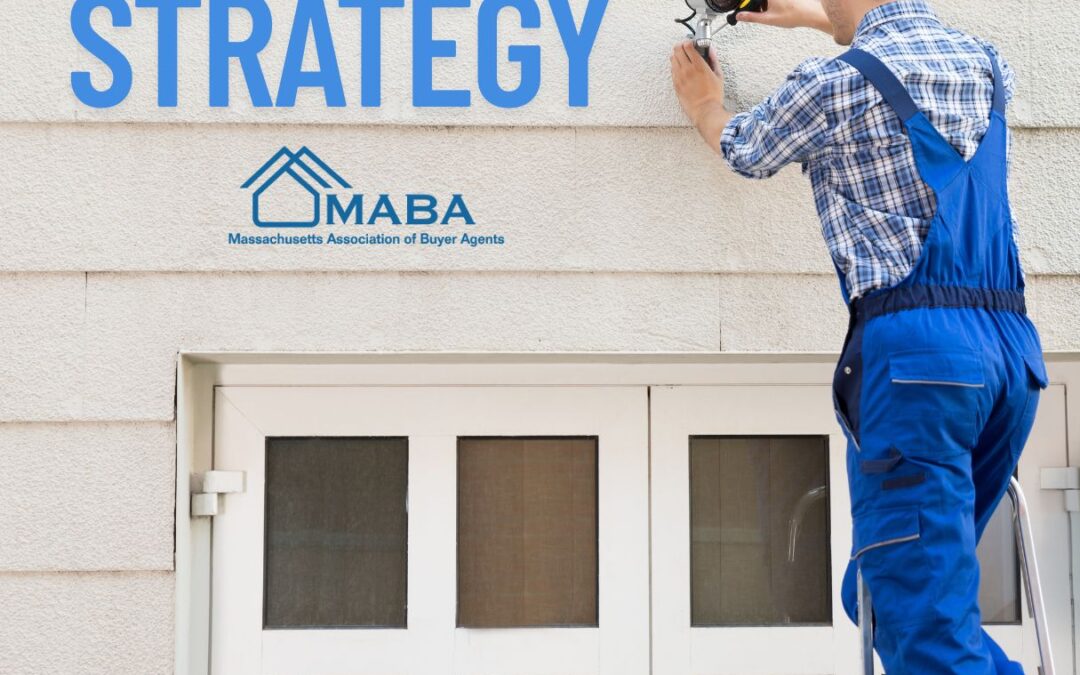Keeping Your Property Safe and Secure MABA MassachusettsRealEstate FirstTimeHomeBuyers MaBuyerAgent
When it comes to real estate, property value isn’t just about curb appeal and square footage—it’s also about how safe and secure the place is. Whether you’re a homeowner, landlord, or investor, protecting your property should be a top priority. Crime, accidents, and natural disasters can all diminish a property’s worth and create costly headaches. Fortunately, there are practical steps you can take to safeguard your investment. In this post, we’ll walk through some essential strategies for keeping your property secure. From smart tech to simple maintenance, we’ve got you covered.
First, start with the basics: physical security. Strong locks on doors and windows remain one of the most effective deterrents against break-ins. Reinforced doors, deadbolts, and window bars in vulnerable spots can significantly slow down or stop intruders. Installing motion-sensor lights outside entrances and dark corners makes your property less inviting to trespassers. Fencing and gated entryways add another layer of protection, especially for larger lots. Remember, many burglars are looking for easy targets—don’t give them one.
Next, consider investing in smart security technology. Security cameras, video doorbells, and monitored alarm systems not only provide peace of mind but also offer evidence if something goes wrong. These systems can now be controlled from your smartphone, allowing you to check in from anywhere. Real-time alerts and two-way audio can help you respond to threats immediately. Many insurance companies even offer discounts for homes with monitored security systems. It’s a modern upgrade that can pay for itself over time.
Don’t overlook the importance of landscaping and outdoor maintenance. Overgrown bushes and trees can provide hiding spots for burglars. Trim vegetation near entry points to increase visibility and deter suspicious activity. Keep pathways clear and well-lit to reduce tripping hazards and discourage unwanted visitors. Proper drainage and regular roof inspections can also prevent costly water damage. A tidy, well-maintained yard sends a clear message: someone is watching this place.
For landlords and property managers, tenant education plays a major role in property security. Encourage renters to report broken locks, burnt-out lights, or suspicious activity immediately. Provide guidance on using security systems and following basic safety practices. Regularly inspect common areas for safety concerns, especially in multi-unit buildings. Posting clear signage about surveillance and security measures can be a deterrent as well. A collaborative approach creates a safer environment for everyone.
Lastly, don’t forget about digital threats. If your property has smart systems or Wi-Fi-controlled features, make sure those networks are protected with strong passwords and updated software. Change passwords regularly, and avoid using easily guessed credentials like “admin” or “123456.” Property management platforms should use encrypted communication and secure login systems. Cybersecurity isn’t just for big corporations—hackers often target homes and small businesses with lax protections. A digital breach can compromise both safety and privacy.
Keeping your property safe and secure requires a mix of common sense, modern tools, and proactive habits. It’s not a one-time job but an ongoing commitment that pays dividends in peace of mind and property value. From sturdy locks to cybersecurity, every layer of protection adds up. Whether you’re managing a single home or a portfolio of properties, building a culture of safety benefits everyone involved. Regular reviews and updates to your security plan help keep things tight as new threats emerge. In real estate, a secure property is a smart investment.

FIRST TIME HOMEBUYERS
HOMEBUYERS BEWARE! Book Review
This book is an excellent first step in a complicated process.

BEWARE the cards are stacked against you! Get Tom Wemett's book, learn why are different from other
Buying a home is like buying a car, on steroids. It’s the biggest investment you are likely to make so the stakes are incredibly high. I knew that having an agent represent me was a good idea.
What I hadn’t grasped was how important it is to find one who is not connected with the selling side in any way—through an agency that also represents sellers, as most do, at least in Mass. In researching buyer agents, I found Tom through the Mass. Assoc. of Buyer Agents (MABA).
Get Started with MABA
For no extra cost, let a MABA buyer agent protect your interests



